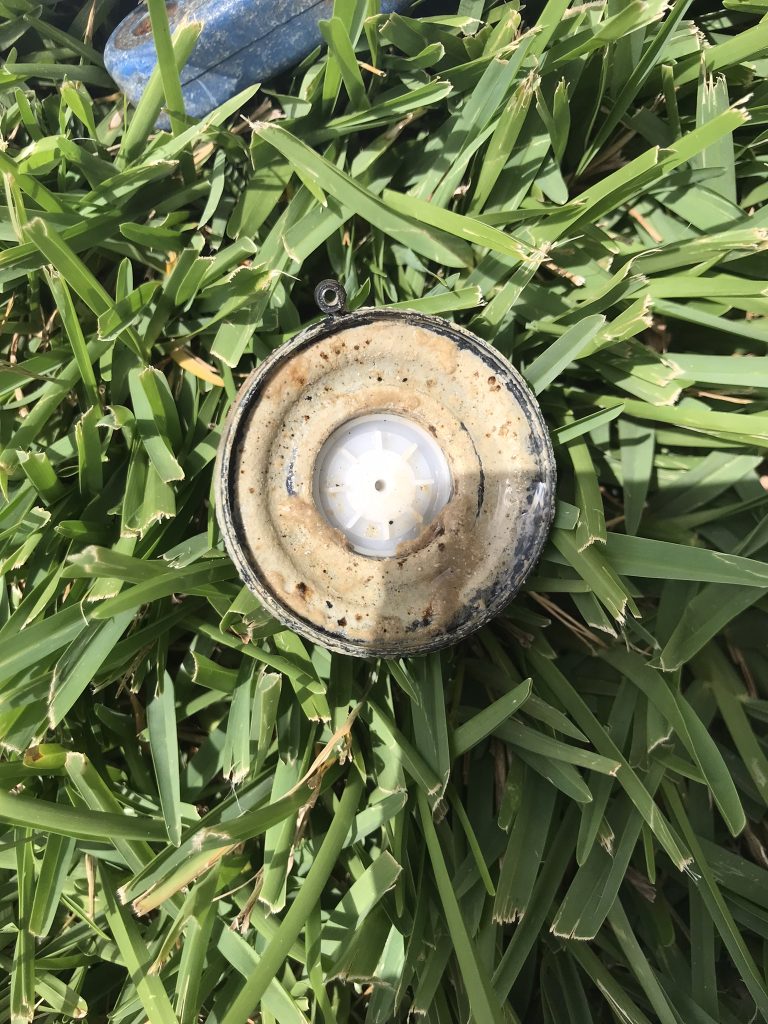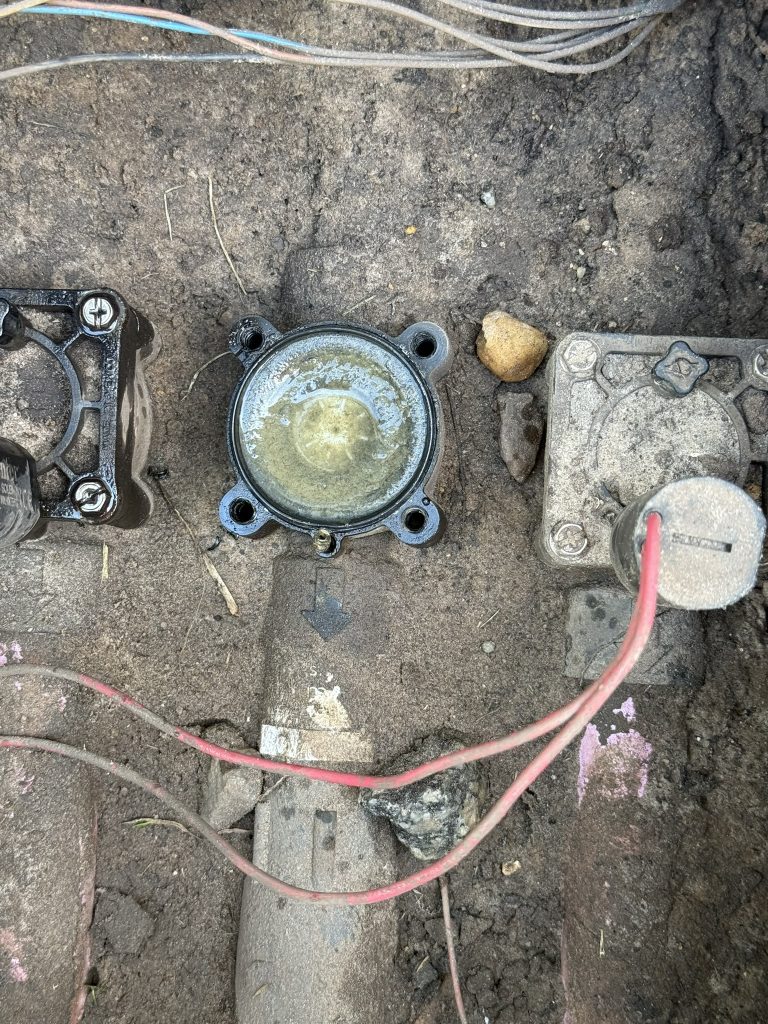The Hidden Danger of Reclaimed Water Shutoffs: Biofilm in Pasco County
More Than Just an Inconvenience
For thousands of residents, Pasco County reclaimed water shutoffs are treated as a normal part of life. Officials describe them as routine operational practices. But what’s rarely discussed is the silent consequence left behind in every pipe: biofilm — a slimy layer of bacteria and pathogens that thrives when reclaimed water is forced to sit stagnant.
What Is Biofilm and Why It Matters
Biofilm is a collection of microorganisms that stick to surfaces and form a resistant layer. In reclaimed water systems, which already contain nutrients, biofilm develops quickly during stagnation. Once formed, biofilm harbors bacteria, fungi, and pathogens that can be released back into the water supply.This isn’t just a maintenance issue. Biofilm poses direct public health risks — especially for children, pets, and people with weakened immune systems who are most likely to come into contact with reclaimed water in yards, parks, and gardens.

How Pasco County’s Shutoffs Fuel Biofilm Growth
Reclaimed water systems are designed to stay in motion. Pasco County’s practice of shutting off entire neighborhoods for days at a time disrupts this balance and accelerates biofilm formation:
- Stagnation accelerates bacteria. Standing reclaimed water creates the perfect breeding ground for microbial growth.
- Re-pressurization sheds contamination. When the water comes back on, fragments of biofilm break loose and spray onto lawns, gardens, and play areas.
Cycles entrench the problem. Each shutoff/restart deepens contamination, creating a long-term biofilm problem inside the infrastructure.
Public Health Concerns in Pasco County
Many Pasco residents are asking the same question: How safe is it to let kids or pets outside after the sprinklers run?
The concern is valid. While reclaimed water is not intended for drinking, exposure through skin contact, small cuts, or inhaling mist from sprinklers increases risk. With frequent shutoffs, families cannot be certain what is being sprayed across their lawns.

Lack of Transparency and Accountability
Public records requests have revealed no binding agreements, technical studies, or independent water-quality reports justifying Pasco County’s reliance on routine shutoffs. Instead, officials point to vague ordinance language while ignoring the public health implications of biofilm growth.
Residents deserve transparency. The County must disclose how it monitors biofilm, what testing is performed after shutoffs, and what guidelines families should follow to stay safe.
What Pasco County Must Do Next
To protect residents, Pasco County should:
- Acknowledge the risk. Stop dismissing biofilm as a non-issue.
- Test reclaimed water quality. Publish results after every extended shutoff.
- Set operational standards. Limit the frequency and duration of shutoffs.
Communicate with residents. Provide clear safety guidelines after service is restored.
Protecting Families and Communities
Every reclaimed water shutoff is more than an inconvenience — it’s a public health risk hiding in plain sight. Until Pasco County adopts transparent and evidence-based practices, families will remain exposed to biofilm contamination with no guidance or accountability.
The Pasco Truth Project will continue to expose these dangers and push for solutions that prioritize community health over bureaucratic convenience.
Pasco Truth Project — Expose Intimidation. Publish Facts. Protect Voices.